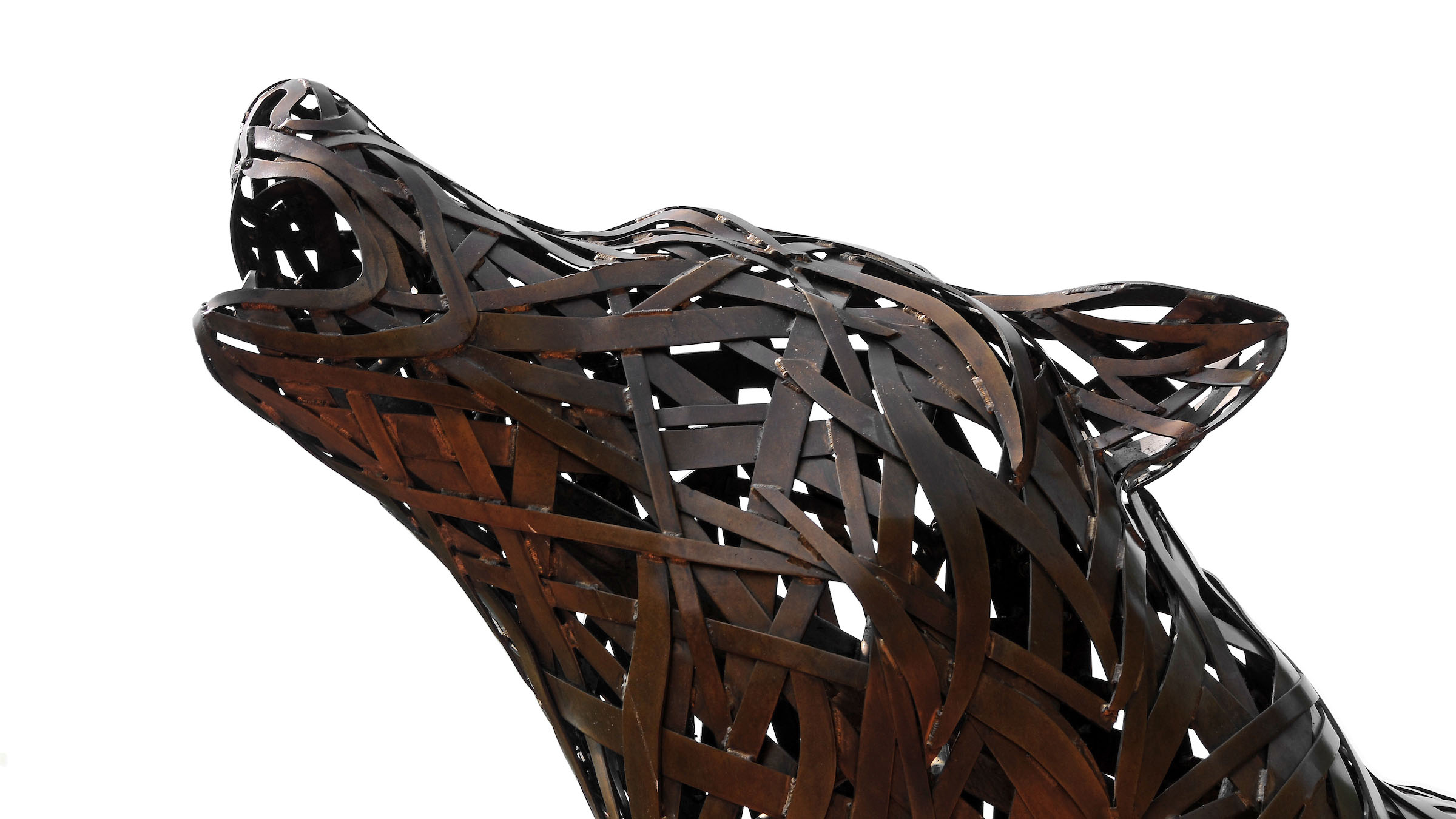3 NC State Education Faculty Projects Receive STEM Education Initiative Funding

Three NC State College of Education faculty members recently received research grants from the STEM Education Initiative, a North Carolina State University initiative aimed to enhance and support faculty members who teach and conduct research in the science, technology, engineering and mathematics (STEM) disciplines.
This year, the STEM Education Initiative selected 13 projects to receive more than $100,000 in research funding to enhance the teaching and learning of STEM fields at the university.
A list of the NC State Education faculty grant winners and research project descriptions follows:
→ Learning STEM in Informal Contexts | K.C. Busch
Assistant Professor K.C. Busch will use the STEM Education Initiative support to continue the development of Learning STEM in Informal Contexts; a course offered next semester to engage NC State students in the processes and practices of STEM learning that occurs outside of school. The coursework will focus on collaborative, community-engaged projects that include working with community partners who offer informal learning programs. The projects will encourage and support students to apply what they have learned from course activities about learning theory, research and evaluation. Community partners that have committed to the project include N.C. Museum of Natural Sciences, N.C. Museum of Art, N.C. Museum of History, the Museum of Life & Science—Durham, the NCSU Libraries, Gregg Museum of Art & Design, the Citizen Science Association, and N.C. State Farmers Market. Busch aims to develop the course further as a Graduate School certificate.
→ Online Math Teaching Specialists | Karen Hollebrands
Alumni Distinguished Undergraduate Professor Karen Hollebrands will use funding from the STEM Education Initiative to develop engaging tasks in online courses using videos and the latest technology platforms to enable teachers to learn how to implement effective mathematics teaching practices. In the tasks, mathematics teachers will be asked to watch video clips, identify important classroom moments, then describe those moments regarding the pedagogical moves made by the teacher or the features of students’ mathematical thinking. Teachers can then enact, record and share examples from their own practice that illustrate effective teaching practices. The goal of the project is to enhance the experience of online instruction using methods and techniques — like observing models of effective teaching and classroom discussion.
→ Math Specialists | Temple Walkowiak
Associate Professor Temple Walkowiak will use the STEM Education Initiative funding to provide professional learning experiences through graduate-level coursework to a cohort of practicing elementary teachers to help them become leaders in mathematics teaching and learning — or mathematics specialists — at their respective elementary schools. The coursework will allow the cohort of practicing teachers to develop their mathematical knowledge for teaching in combination with the pedagogical practices necessary to facilitate conceptual understanding of mathematics among elementary-aged children. Additionally, the cohort will develop their roles as teacher-leaders and establish a professional network and community which aligns with research on teacher learning and the benefits of collaboration.
- Categories:


